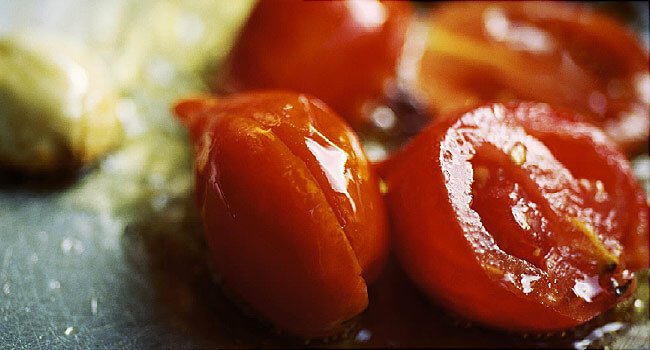Food neophobia — or worry of new foods — may also decrease the exceptional of a person’s nutritional consumption, and increase the threat of way of life problems along with cardiovascular sicknesses and sort 2 diabetes.
Food neophobia is an ingesting behaviour trait wherein someone refuses to flavor and devour food gadgets or ingredients they’re no longer acquainted with.
Researchers from University of Helsinki in Finland and University of Tartu in Estonia examined the unbiased impact of ingesting behaviour, and mainly food neophobia, on nutritional excellent in addition to lifestyle diseases and their chance elements.
“The findings make stronger the concept that a versatile and healthy diet performs a key position, or even has an unbiased position in fitness,” said Markus Perola from the Finnish National Institute for Health and Welfare.
The study monitored individuals elderly between 25 and seventy four years at some point of a seven-12 months comply with-up.
Food neophobia has been located to be a strongly hereditary trait: twin research have determined that as much as 78 in line with cent of it can be hereditary.
The trait can be without difficulty measured using the FNS questionnaire (Food Neophobia Scale), which incorporates ten questions charting the respondent’s consuming behaviour.
The FNS questionnaire became extensively utilized to measure and quantify the fear of latest meals on this examine.
Food neophobia is commonplace in kids and older folks, specifically. Few research have thus far been achieved on food neophobia within the person population.
Traits similar to meals neophobia, along with picky and fussy consuming, additionally arise in one of a kind age companies inside the population. These ingesting behaviours may additionally have a widespread impact on nutritional pleasant and ultimately health.
As distinct trends related to eating behaviours have overlapping traits making a simple distinction between them is challenging.
The observe observed that food neophobia is related to poorer dietary best: as an instance, the consumption of fibre, protein and monounsaturated fatty acids can be lower and the intake of saturated fats and salt more in food neophobic people.
Additionally, a huge association became observed between food neophobia and adverse fatty acid profile and increased level of inflammatory markers in blood.
Subsequently, food neophobia additionally increases the threat of developing cardiovascular diseases or type 2 diabetes.
It is often concept that the impacts of ingesting behaviour and diet on fitness are specially mediated via weight modifications by myself.
In this study, however, the affects of food neophobia emerged independently irrespective of weight, age, socioeconomic popularity, gender or living place.
“If we are able to interfere in deviant ingesting behaviours, along with food neophobia, already in youth or youngsters. This will assist to save you capability destiny health problems early on,” Perola stated.
“Hereditary elements and our genotype best determine our predisposition to meals neophobia. Early adolescence training and care and lifestyle guidance in adulthood can provide support in the development of a various weight loss plan,” he said.







